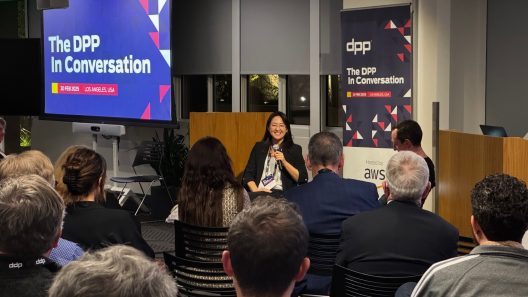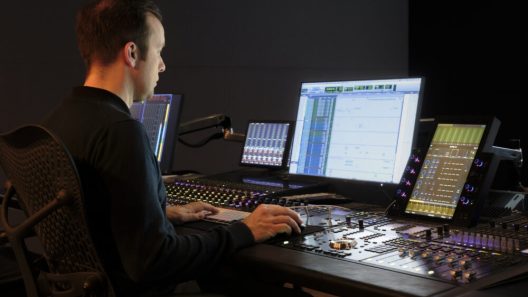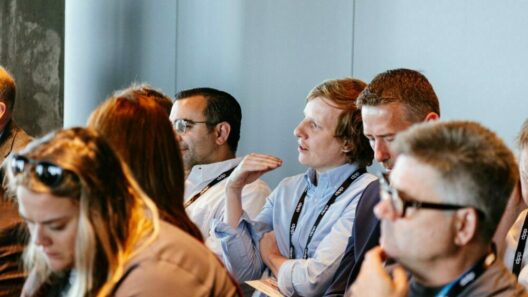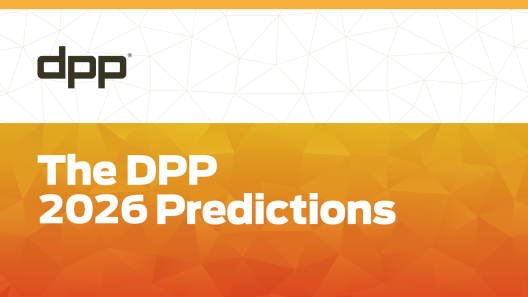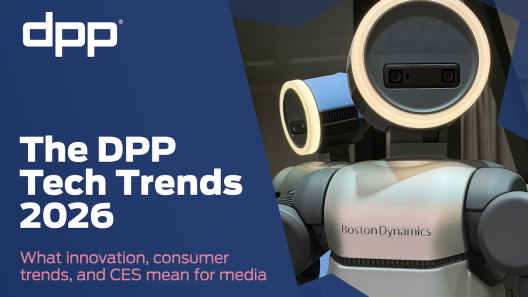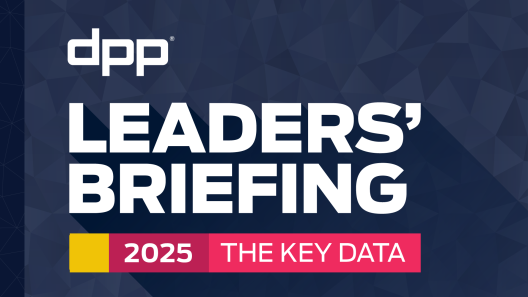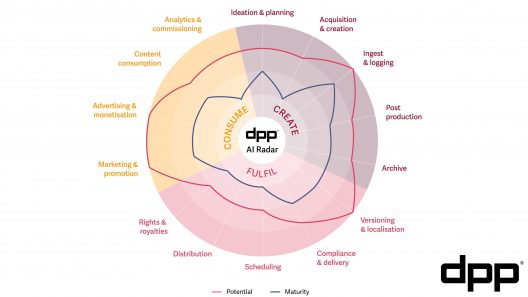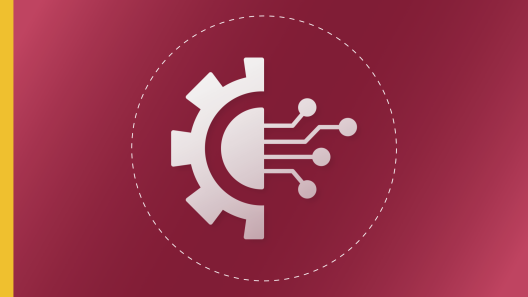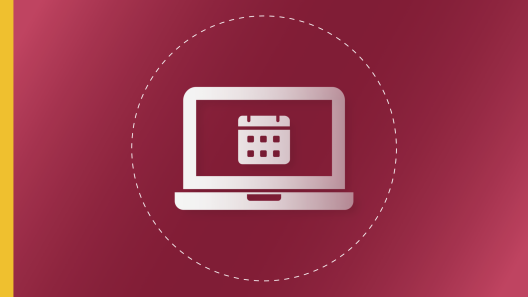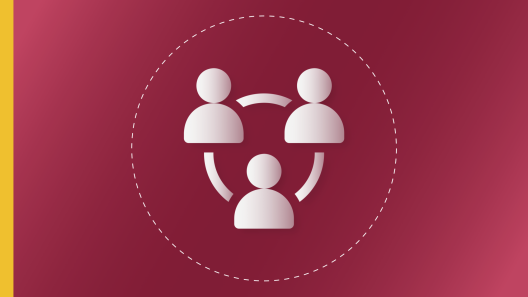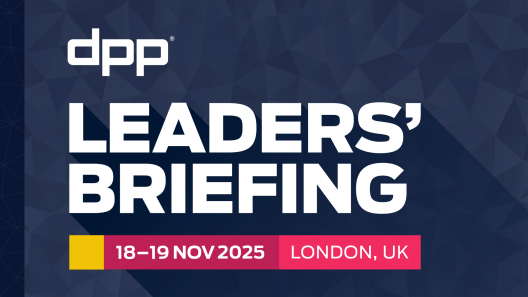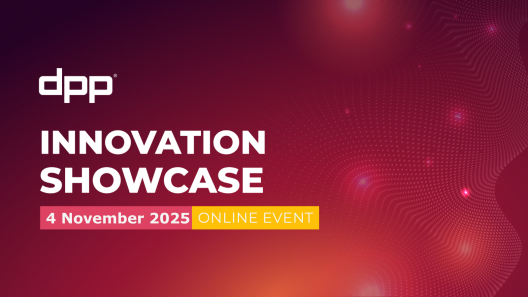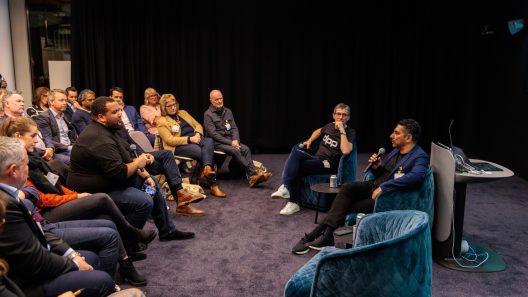Carbon emissions in the supply chain - defined as Scope 3 emissions - are by far the biggest contributor to the carbon footprint of most media organisations.
While Scope 1 covers what Green House Gas emissions a company produces directly, and Scope 2 accounts for indirect contributions such as heating and electricity, Scope 3 includes all emissions created in an organisation's supply chain.
At the DPP’s March 2022 Leaders’ Network, Head of Group Corporate Social Responsibility at Atos, Alexandra Knupe, said that Scope 3 made up 95% of the company’s emissions. Charles-Edouard Monier, Head of Sustainability & Tech Business Planning at RTL Nederland, said that it was over 95% at the Dutch broadcaster.
Alexandra and Charles-Edouard were joined by Deluxe Director of Sustainability, Dee Davison, and Head of Sourcing at Red Bee, Adela Rafa, to share advice about how organisations can start to tackle their Scope 3 emissions.
DPP members can catch up with the full conversation moderated by DPP CEO Mark Harrison and Business Development Manager Abdul Hakim below.
1. Audit your carbon footprint
Charles-Edouard said that it was important to get visibility and data about the size of the task. The first step at RTL Nederland was to perform a carbon footprint audit. The broadcaster did its first iteration of this process at the beginning of 2020, reporting on its Scope 1 and Scope 2 emissions for 2019.
With a commitment by RTL Group to be carbon neutral by the end of the decade, the exercise now encompasses all subsidiaries of the Germany-based multinational to get visibility as to the scale of the challenge.
Dee Davison added that Deluxe had followed a similar process, beginning with the “lower hanging fruit” of Scope 1 and Scope 2 before tackling the gargantuan task of Scope 3 in the supply chain.
2. Source green energy
Switching to green energy was cited one of the best ways to tackle carbon emissions.
Even if data resources and processing are very high, services running on servers powered by green energy will have zero emissions. Charles-Edouard said that in the RTL Nederland audit, the broadcaster’s tech emissions and contributions from cloud services were lower than expected because they were mainly running in Microsoft Azure and powered by green energy.
The number of kilowatt hours can be very high, but the carbon impact was close to zero, he said.
“You must learn to differentiate between carbon emissions and energy consumption.”
Charles-Edouard Monier, RTL Nederland
3. Time for sustainability standards?
Alexandra, who oversees the broader ESG agenda at Atos, called on organisations comprising the media and broadcast ecosystem to develop a set of sustainability standards. These would include communication standards: how organisations share data around their emissions, but also clear definitions of terms like Net Neutral and Net Zero.
“There are organisations which claim to be Net Zero, but they don’t include Scope 3,” she explained.
The messages, specifications and standards need to be clear and obvious - and ideally global - for how organisations report sustainability KPIs.
4. Engage partners, executives and employees
Red Bee Head of Sourcing, Adela, reminded DPP members that it was impossible to tackle sustainability challenges in isolation. This was a theme reiterated regularly by the expert panellists.
Charles-Edouard said that RTL Nederland had been rolling out sustainability standards with its partners, and that due to the scale of its Scope 3 emissions the company could only achieve its goals by working across its value chain. He added that while investing in green energy was a big investment, it was an important one and an area where partners could be encouraged to do the same.
The key is to help your partners to help themselves, Alexandra added, rather than imposing targets.
Getting employees and other stakeholders on board is also critical.
Quite simply, sustainability is good business. It is becoming a key metric for boards and investors, and is a key differentiating factor in the battle for talent. As such, creating awareness among your own employees is vital.
Panellists at the DPP Leaders’ Network event said that organisations would need to continue reinforcing sustainability messaging and the green agenda if they are to succeed.
5. Perfect is the enemy of good
Every small action counts, and Red Bee’s Adela warned against acting too slowly. While the panel emphasised the importance of data and KPIs, she said that not knowing precisely what to measure should not be an excuse to delay the journey.
“Don’t wait to define the perfect metrics before you act.”
Adela Rafa, Red Bee
Dee at Deluxe echoed the sentiment; tackling Scope 3 emissions might seem daunting, but that shouldn’t stop organisations getting on with the more immediately manageable tasks.
“Just get going, the planet needs us too. While we’re working towards perfect, we can get going on other initiatives.”
Dee Davison, Deluxe
The DPP’s Committed to Sustainability programme is supported by Atos and Red Bee. In March 2022 the initiative reached the milestone of 50 members; you can find more information about our Committed to Sustainability programme here.
Get involved
To find out more or to get involved with this work, please contact:
If your company is not a DPP member, you can learn more about the benefits of membership, or contact Michelle to discuss joining.
If your company is not a DPP member, you can learn more about the benefits of membership, or contact Michelle to discuss joining.




